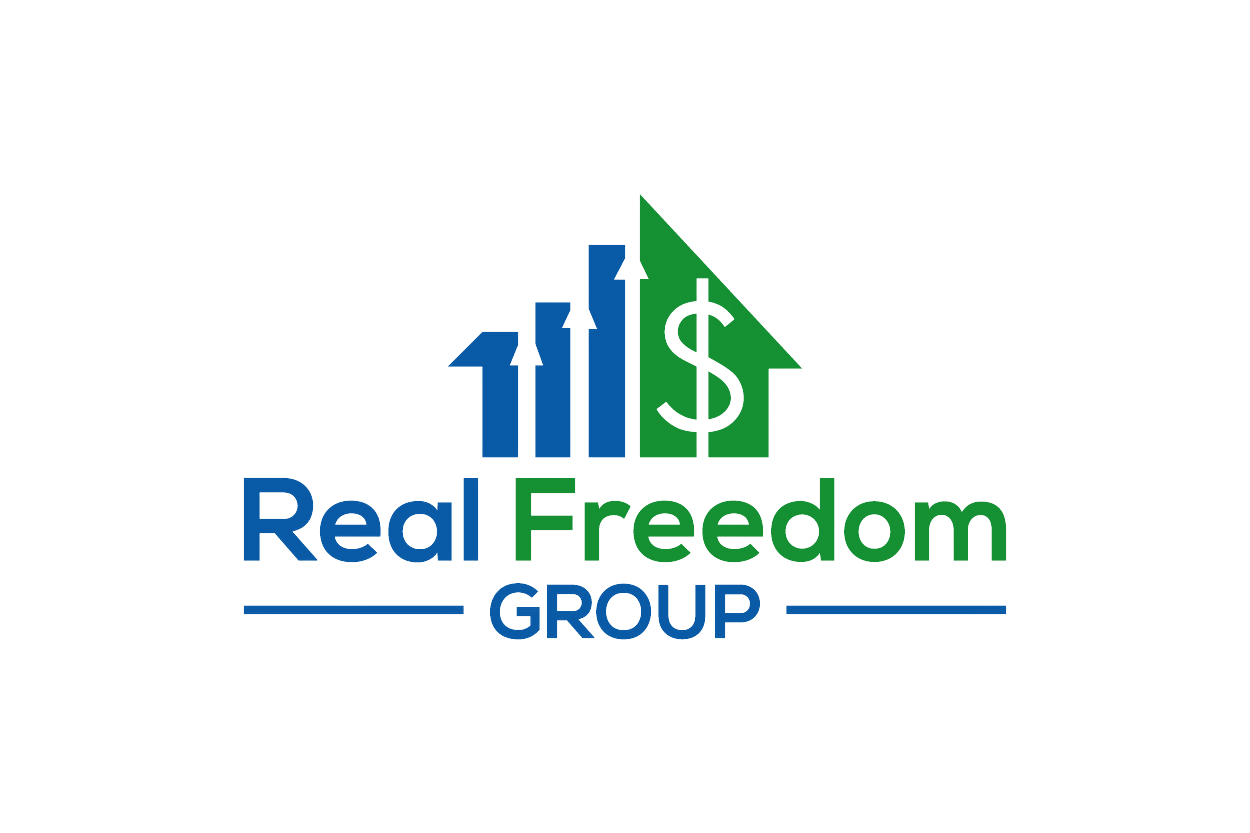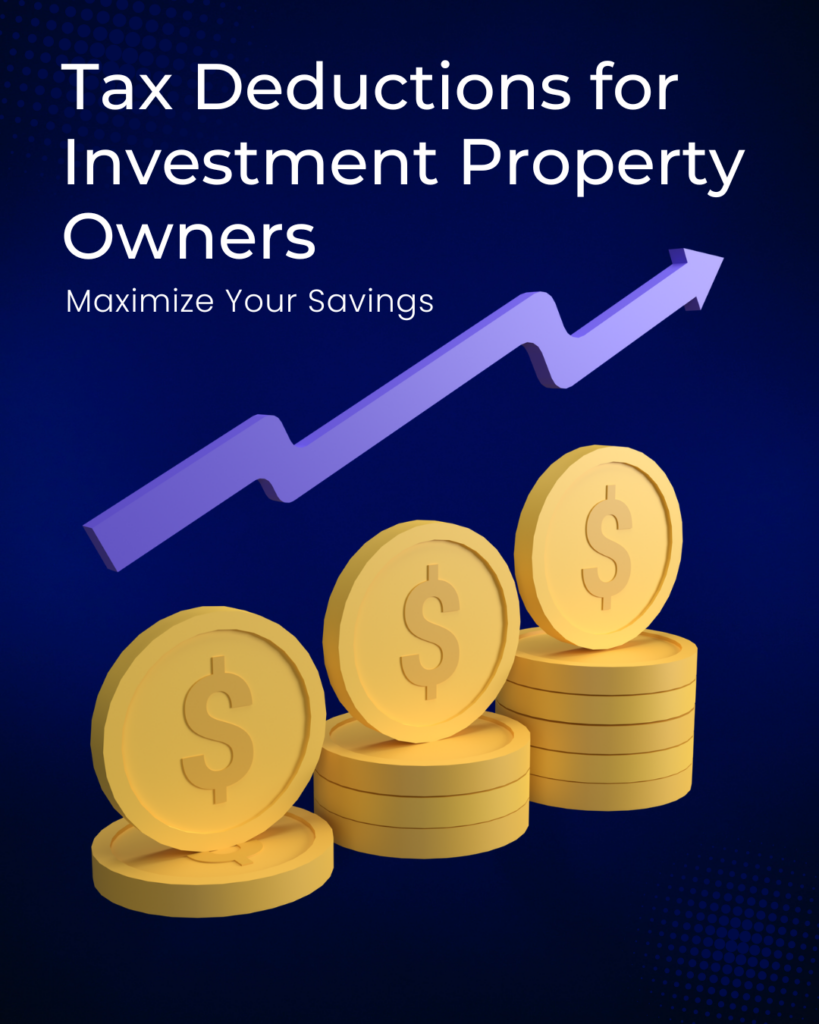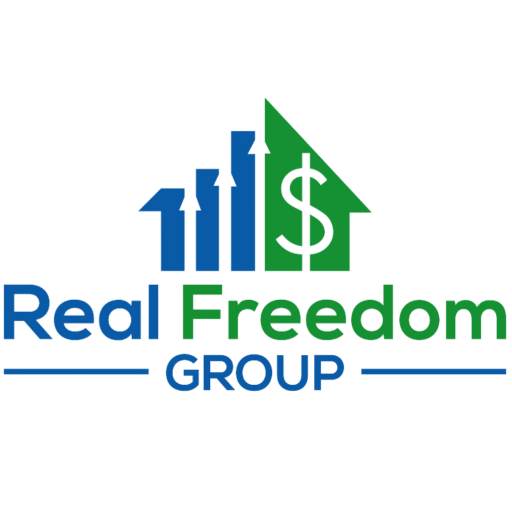Tax Deductions for Investment Property Owners: Maximize Your Savings
Investing in residential real estate can be a lucrative way to build wealth, but one of the biggest advantages of owning rental properties is the tax deductions available to investors. These deductions can help offset your rental income, reducing your overall tax liability and increasing your return on investment.
If you own a residential rental property, here are the key tax deductions you should know about.
1. Mortgage Interest Deduction
If you have a mortgage on your rental property, you can deduct the interest paid on the loan. This is often one of the largest deductions for property owners. You can find the amount of interest paid on your Form 1098 provided by your lender at the end of the year.
2. Depreciation
The IRS allows rental property owners to deduct the cost of the property over time through depreciation. Even though real estate often appreciates in value, the IRS considers structures to have a limited useful life.
• Residential rental properties are depreciated over 27.5 years.
• Land does not depreciate, so you must separate the land value from the building value.
• Depreciation can significantly reduce taxable income, making it a powerful tax-saving tool.
3. Property Taxes
Property taxes paid to local and state governments are fully deductible. The entire amount paid on your rental property tax bill can be written off, reducing your taxable income.
4. Property Taxes
Keeping your property in good condition is essential, and fortunately, many repair and maintenance costs are tax-deductible. Some examples include:
• Fixing a leaking roof
• Plumbing and electrical repairs
• Painting and drywall repairs
• Pest control
• HVAC servicing
Keep in mind that major improvements (such as a full kitchen remodel) must be capitalized and depreciated over time, rather than deducted in full the year they occur.
5. Insurance Premiums
The cost of insurance policies on your rental property, including landlord insurance and liability coverage, is fully deductible. If you have umbrella policies or extra coverage for natural disasters, those costs can also be written off.
6. Property Management Fees
If you hire a property manager to handle tenants, maintenance, and rent collection, those fees are fully deductible. A good property management company can save you time while also providing a tax advantage.
7. Utilities
If you pay for any utilities on behalf of your tenants, such as water, electricity, gas, or trash collection, you can deduct these costs from your taxable income. If tenants pay their own utilities, you won’t be able to claim these deductions.
8. Legal and Professional Fees
If you hire an attorney, accountant, or real estate advisor to assist with your rental business, their fees are deductible. This includes:
• Legal fees for lease agreements or evictions
• Tax preparation and accounting costs.
9. Advertising and Marketing
If you spend money on listing your rental, running online ads, printing flyers, or hiring a professional photographer to market your property, these costs are fully deductible as business expenses.
10. Travel Expenses
If you drive to your rental property for inspections, maintenance, or tenant meetings, you can deduct mileage. The IRS allows you to deduct either:
• The standard mileage rate (which changes yearly)
• Actual expenses for gas, maintenance, and depreciation on your vehicle
For long-distance rental properties, airfare, lodging, and meals related to property management or real estate business may also be deductible.
11. Home Office Deduction
If you manage your rental property from home, you may qualify for the home office deduction. This applies if you have a dedicated workspace used exclusively for rental-related activities. Expenses like rent, utilities, and internet can be partially deducted based on the size of your home office.
12. Pass-Through Deduction (Qualified Business Income – QBI)
Some landlords may qualify for the 20% pass-through deduction, allowing them to deduct up to 20% of net rental income. This applies if your rental activities qualify as a business under IRS rules. Consulting with a tax professional can help determine if you meet the criteria.
Final Thoughts
Owning residential rental properties comes with significant tax advantages, but it’s essential to keep accurate records and consult a tax professional to ensure you’re maximizing deductions while staying compliant with IRS regulations.
By leveraging these tax deductions, real estate investors can reduce their taxable income, increase profitability, and build long-term wealth through smart real estate investing.
Thinking about investing in rental properties? Understanding these tax benefits is just one way to make the most of your investment!







